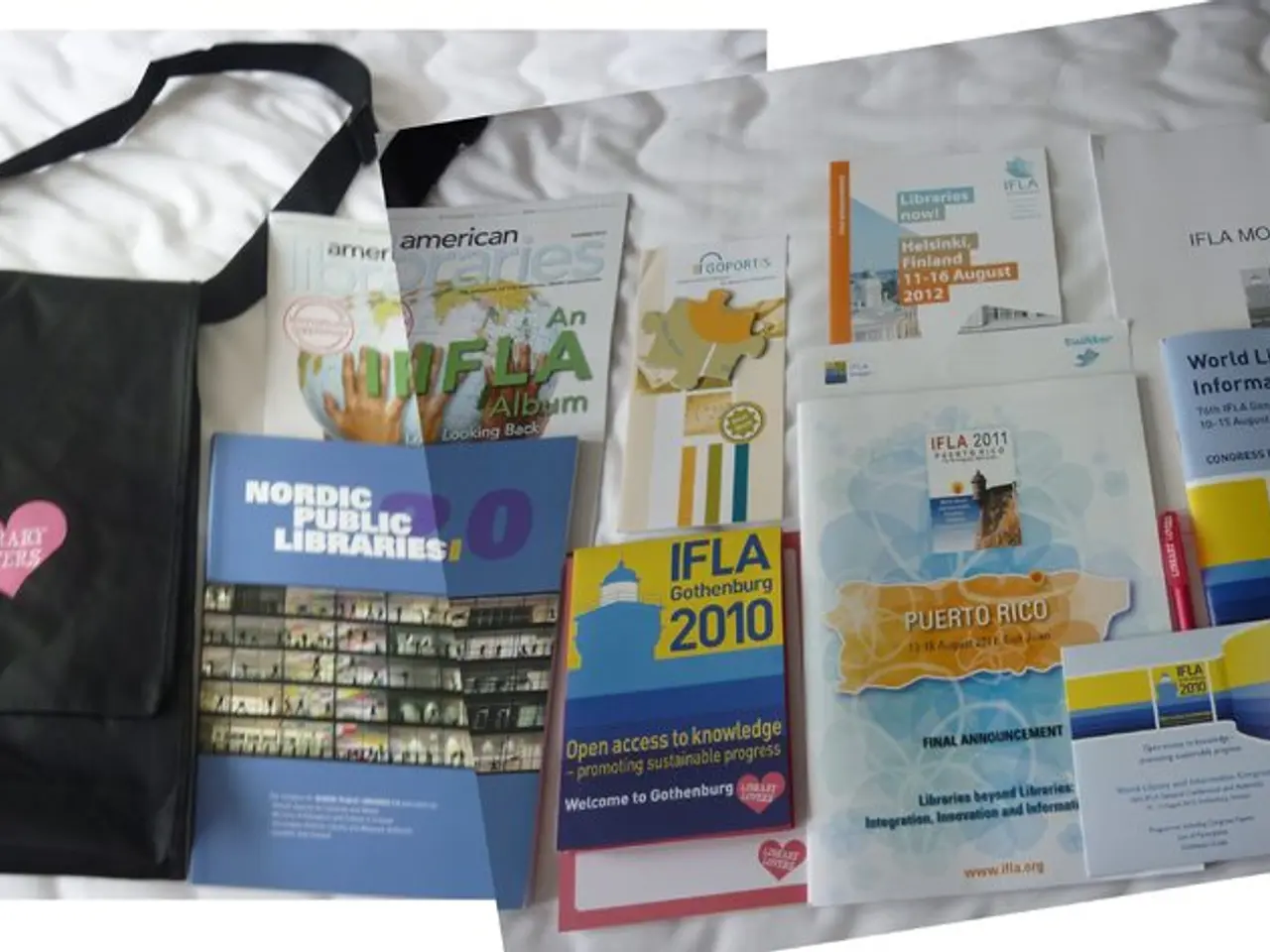Time-Tested Methods for Unwinding and De-stressing
In the fast-paced world we live in today, finding ways to unwind and relax can sometimes feel like a challenge. However, reconnecting with old-school relaxation methods such as walking in nature, letter-writing, reading physical books, and mindful crafting could be the key to better mental wellbeing.
The Therapeutic Power of Letter-Writing
Writing a letter to a friend using pen and paper is a therapeutic way to reconnect with oneself and others. The slow pace of this traditional method encourages creativity and mindfulness, making it a perfect antidote to the digital distractions of modern life. Moreover, the act of writing a letter forces reflection on the message one wants to convey, making the exchange feel personal and meaningful.
The Pleasure of Reading a Physical Book
The tactile experience of holding a book, turning pages, and smelling the paper enhances the pleasure of reading. Unlike digital devices, physical books offer a more immersive experience, free from the distractions of emails, notifications, and social media. Reading a physical book before bed or during downtime is shown to improve sleep quality by promoting a calm mental state and separating the brain from the stimulating blue light of screens.
The Calming Effects of Walking and Crafting
Unlike high-intensity exercise, walking allows for a gentle physical engagement while promoting mental relaxation. The rhythmic motion of walking, especially in natural surroundings, helps the mind to focus on the present moment, reducing stress and promoting presence. Similarly, crafting activities such as knitting, painting, or pottery can slow down time and promote mental relaxation. These activities require attention and precision, creating a meditative effect through repetitive motions.
The Benefits of Nature and Old-School Relaxation
These old-school methods share the quality of grounding people in present-moment sensory experiences, reducing overstimulation, and fostering a gentle mental state. Benefits include lowering cortisol (stress hormone) levels, increasing serotonin, improving mood, reducing anxiety, and promoting better sleep. These benefits align with known mechanisms seen in meditation and breathing exercises, where attentional focus and physical stillness or gentle movement calm the nervous system and improve sleep and stress outcomes.
In conclusion, embracing old-school relaxation methods can lead to deeper relaxation and a sense of balance often missing in fast-paced lives. By minimizing screen exposure and encouraging sensory engagement with the physical world, these methods help reset the nervous system and improve mental wellbeing. So, why not try taking a walk in nature, writing a letter, or picking up a good book to reap the benefits of these timeless practices?
- Engaging in crafting activities like knitting can slow down time, promote mental relaxation, and create a meditative effect through repetitive motions, much like the calming effects of walking in nature.
- In a world dominated by digital distractions, embracing old-school methods like pen-to-paper letter-writing encourages creativity and mindfulness, offering a perfect antidote to the hustle and bustle of modern life.
- The therapeutic practice of letter-writing not only reconnects the writer with themselves but also creates a personal and meaningful exchange with the recipient, making it a powerful tool for strengthening relationships.
- Reading a physical book provides a more immersive experience than digital devices, reducing stress, improving sleep quality, and allowing for a gentle mental state separation from the stimulating blue light of screens before bedtime.
- Home-and-garden activities like growing a pet or tending to a garden can provide numerous benefits, helping people connect with nature, reduce stress, and foster a sense of responsibility, all contributing to better mental wellbeing.




